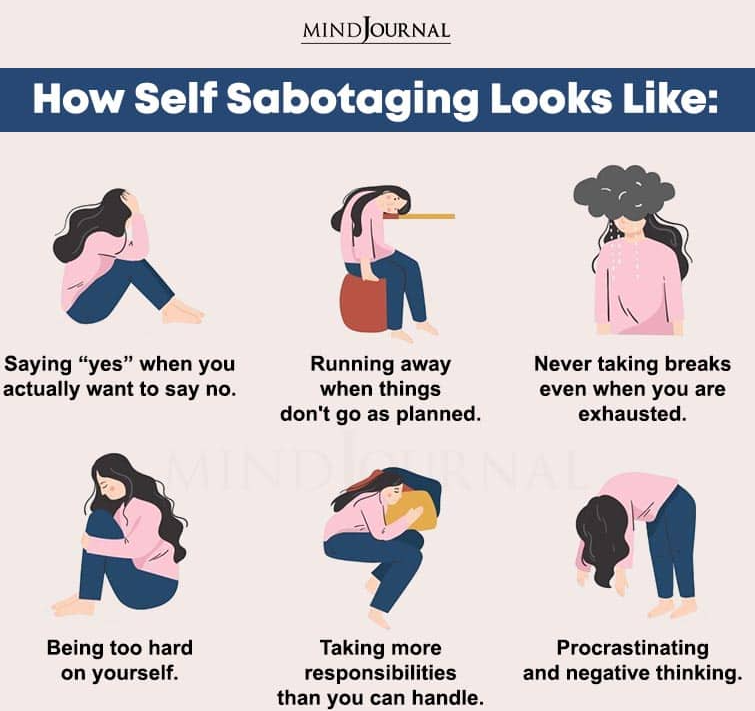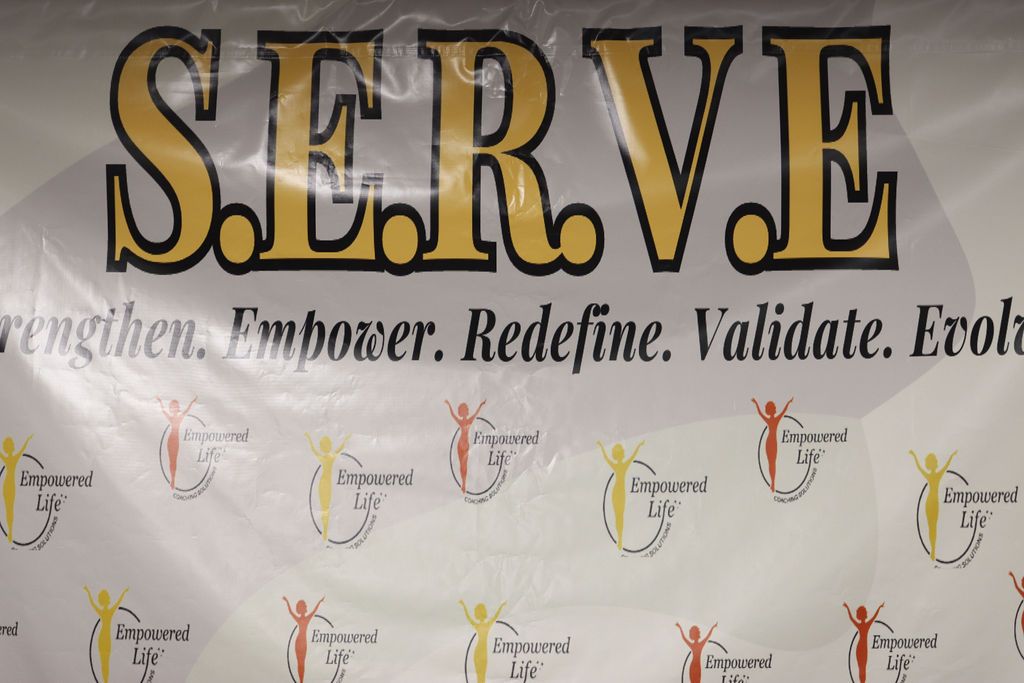How to deal with Self-Sabotaging Beliefs
This is a subtitle for your new post

What Are Self-Sabotaging Beliefs, and How Do They Manifest?
Self-sabotaging beliefs are driven by negative self-talk, where you tell yourself that you’re not good enough, you are inadequate, and you are not worthy of success and often manifest as procrastination, self-hate, and obsessive-compulsive behavior. These beliefs can be harmful because they stop you moving forward in your life. Examples of self-sabotage: Staying in a job where you are unhappy because you don’t believe you’re good enough to deserve anything better. Not starting your own business because you think you’ll fail. You tell yourself that you are not worthy of a better life.
Recognizing self-sabotage:
- Negative self-talk. What do you say to yourself regularly? Do you put yourself down often? Do you say things like “I’m not good enough” or “I can’t do it?”
- What are your patterns of behavior? Do you procrastinate? Are you afraid of taking risks because you’re afraid to fail?
- Notice how you feel. Do you frequently feel unworthy? Does success elude you even when you’ve achieved it?
Dealing with Self-Sabotaging beliefs
To move forward with your life, you must recognize and deal with self-sabotaging beliefs.Try these techniques:
Realize your negative self-talk and challenge it. When you find yourself thinking or speaking negatively, stop and ask yourself if what you’re saying is true. Chances are, it’s not.● If you tell yourself that you’re not good enough, ask yourself why you believe that. ● What evidence do you have to support this belief? Chances are, you’ll find that there is none.
- Reframe your self-sabotaging beliefs. If you tell yourself that you’re not good enough, reframe it as “I’m doing my best, and that’s good enough.”
2. Use affirmations to counter self-sabotaging beliefs. For example, tell yourself, “I am worthy of success,” “I can achieve my goals,” or “I am loved.
● Train your mind to focus on positive thoughts instead of negative ones by using affirmations.
3. Take action despite your self-sabotaging beliefs. For example, if you want to start your own business but are afraid of failing, take small steps towards your goal.
● Start by researching businesses in your field or networking with people who have started their businesses.
● By taking action, you’re proving to yourself that your self-sabotaging beliefs are wrong.
How can you stop your beliefs from sabotaging your life?
The best way to control self-sabotaging beliefs and keep them from taking over your life is to develop a healthy mindset focusing on growth, not perfection. It’s important to recognize mistakes are a part of life. Instead of beating yourself up learn from them and move on. Practice self-compassion. Be kind, patient, and understanding with yourself, even when you make mistakes. Remember we all have flaws and are all doing the best we can with what we have. Finally, it’s important to surround yourself with positive people. They will help you see the good in yourself and help you to stay motivated and focused on your goals.Self-sabotaging beliefs can hold you back from living your best life but once you become more aware of your thoughts and beliefs, you can live a more fulfilling and successful life by using the techniques mentioned above - challenge negative self-talk, reframe your beliefs, and recite daily affirmations.
10 Daily Affirmations
- I Dream, I Believe, I Receive.
- A beautiful day begins with a beautiful mindset.
- I believe in the woman I am becoming.
- Visualize your highest self and start showing up as her.
- The secret to your success is found in your daily routine.
- My income is constantly increasing and I am wealthy beyond my wildest dreams.
- I am limitless and anything is possible.
- I wake up each morning feeling confident and empowered.
- Be the best version of you.
- Great things never came from comfort zones.
(copied from daniellevella.com)

I’m Renea Jones-Hudson
A retired army veteran, international bestselling author, and empowerment coach. I help military and veteran women transition to civilian life, unlocking their unique talents and achieving personal and financial growth through empowering sessions and proven strategies.

Financial Independence Blueprint for Veterans: 5 steps to build wealth outside the uniform







